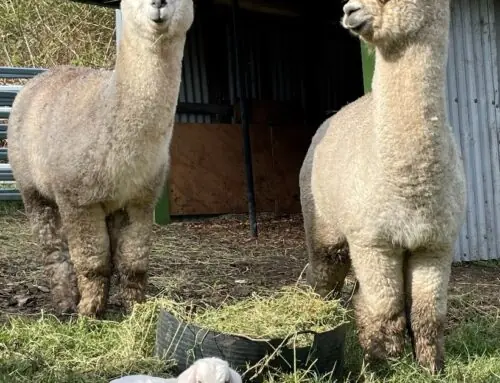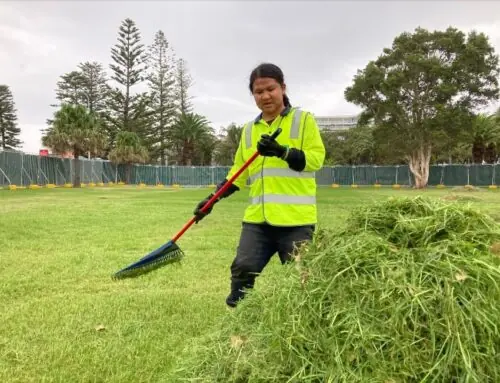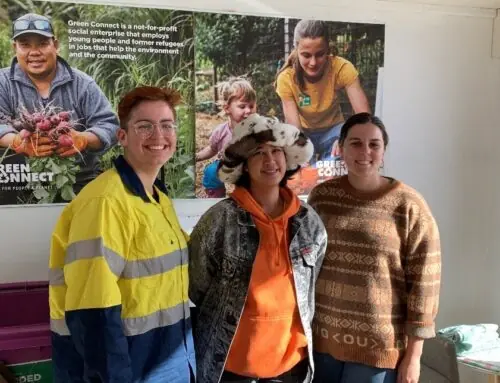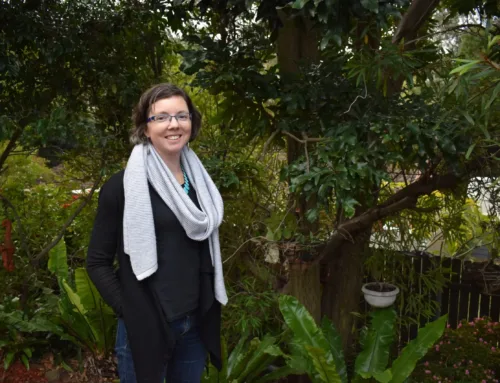Being environmentally conscious can be a major challenge in today’s consumer society. Here are four simple steps you can take to reduce your impact on the environment and society without breaking the bank.
-
Refuse
The first – and most effective – step to reduce waste is to be mindful about what you buy and how you buy it. Household waste like plastic and food scraps are only part of a person’s waste footprint. Fast fashion has become a major waste issue, with millions of unrecyclable garments ending up in landfill every year.
Consider buying second-hand clothes, buying directly from farmers or shopping at farmers markets which use compostable, reusable or recyclable packaging, and using reusable mugs instead of disposable coffee cups. Skipping a plastic straw or using your own reusable bags for fresh produce can also make a big difference in your plastic consumption.
Image by RitaE from Pixabay
-
Recycle
If, like most Australians, you’re already recycling glass, carboard and plastic, fantastic! You’re well on your way. Many people are unaware that soft plastics, typically considered non-recyclable, are collected at most major supermarket chains. RedCycle, a soft-plastic recycling organisation, recycles the collected soft plastic into manufactured goods; everything from benches and printer toner to asphalt and decking. Find your closest RedCycle bin here and a comprehensive list of what can be recycled in them here.
Food Waste is the next stop on your recycling journey. Composting is the greenest way to dispose of food scraps. In landfill decomposing food waste produces harmful greenhouse gases, but in a controlled compost scraps can be turned into wonderful fertiliser. Grass clippings, vegetable waste like fruit and vegetable peels and coffee grounds, paper and wood clippings are all ideal food waste for a compost bin, worm farm or bokashi bin. Meat, fat, dairy and bones are generally unsuitable for composting and should be disposed of in other ways.
If you live in a semi-rural area, chickens and other livestock are a wonderful way to dispose of most food scraps, and your neighbors will be grateful for the extra feed!
Image by Gerd Altmann from Pixabay
-
Reuse
Reusing seems like an obvious step, but it can require a little creativity to get full use out of your everyday household items. Ditch the plastic wrap for reusable containers, jars and cans. Sealable containers will keep your food just as fresh without the added plastic waste and are ideal for food preservation if you feel like branching out into pickling and other techniques.
Old toothbrushes can be repurposed for cleaning hard to reach spaces, linen and old towels can be reused as cleaning rags and pet towels, while takeaway containers and other packaging can be reused as storage containers.
Take a moment before throwing your everyday items out to think about how they might be repurposed around the home.
Image by Shirley Hirst from Pixabay
-
Regift and Donate
Regifting or donating useful items you no longer need is the last step on the waste-reduction journey, but there are a few questions you should ask yourself before donating to your nearest Op Shop.
While it’s tempting to toss anything vaguely useful in a bag to be donated, the first question you should ask yourself is; can this be resold? Although they may fill a similar function, Op Shops are not recycling centres, and they must be able to sell-on the items donated to them to continue operating. Is the item clean? Is it unbroken? Would I re-gift this to a friend? If you answered ‘No’ to any of these questions, the item in question probably shouldn’t be donated in its current state.
There are a few exceptions to this rule; some Op Shops have partnership with e-waste and textile recyclers, so old appliances and bedding may be able to find a good home, but check with your local Op shop’s guidelines before donating any broken or unusable items.
The main takeaway is this; treat Op Shops like a particularly industrious friend, but don’t forget their job is not to throw things away for you. Be responsible about what you donate, and feel good about doing your part to reduce waste.
Image by Christiane Klieve from Pixabay











Leave A Comment
You must be logged in to post a comment.